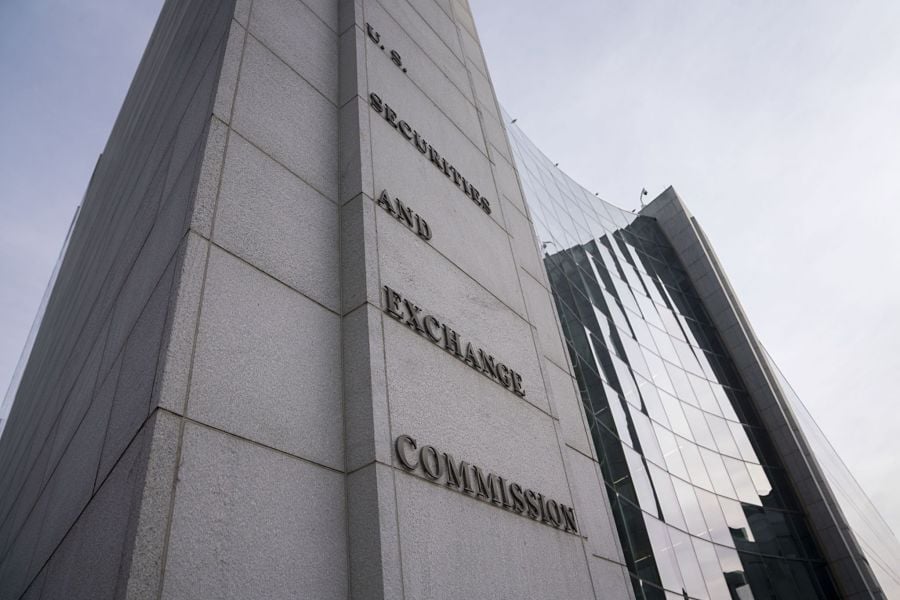

The Investment Adviser Association is renewing its push for legislation that would ease regulatory burdens on small advisory firms.
Regulators like the Securities and Exchange Commission are supposed to scale rules to the size of the businesses they oversee under an existing federal law called the Regulatory Flexibility Act.
But the IAA argues that the SEC hasn't been meeting that requirement because the agency defines small advisors as those that have less than $25 million in assets under management. That level, however, is lower than the $100 million threshold advisors must meet to register with the SEC.
Over the last several years, the IAA has backed legislation that would make the SEC change the way it categorizes small advisors by switching the criteria from AUM to another metric, such as the number of nonclerical employees who work for an advisor. Congress has failed to pass those bills.
In the new Congress that was seated earlier this year, the IAA has another opportunity to work on the issue.
Rep. Ann Wagner, R-Mo. and chair of the House Financial Services Subcommittee on Capital Markets, last month introduced a draft bill that would require the SEC to conduct a study and carry out rulemaking to define the term “small entity” in securities laws.
The four-page bill doesn’t specifically mention advisors, but it provides a foundation for the IAA’s goal of getting the SEC to recognize the impact of its rules on small advisors.
“We are supporting that legislation,” Neil Simon, IAA vice president for government relations, said at the organization’s compliance conference in Washington earlier this week. “The SEC has not shown enough concern about the impact and burdens of its rules both singly and the cumulative effect. This legislation, if we can get it through, would address that situation.”
It’s not clear when the bill will be formally introduced or when it will be considered by the full House Financial Services Committee.
"The Congresswoman continues to have discussions with stakeholders, including those affected by the draft legislation," a Wagner spokesperson wrote in an email.
The size of the SEC’s regulatory agenda under Chairman Gary Gensler was a hot topic at the IAA conference. IAA is among the financial industry trade associations that have asserted Gensler is doing too much too quickly.
“I think the SEC needs to understand the cumulative effect of all things as they cascade into place,” Bret Hester, TIAA executive vice president and general counsel, said at the conference.
Gensler has maintained that his agenda is not bigger than those of his predecessors but that the agency has opened more rulemakings earlier in his tenure than they did.

A new analysis finds long-running fiscal woes coupled with impacts from the One Big Beautiful Bill Act stand to erode the major pillar for retirement income planning.

Caz Craffy, whom the Department of Justice hit with a 12-year prison term last year for defrauding grieving military families, has been officially exiled from the securities agency.

After years or decades spent building deep relationships with clients, experienced advisors' attention and intention must turn toward their spouses, children, and future generations.

The customer’s UBS financial advisor allegedly mishandled an options strategy called a collar, according to the client’s attorney.

An expansion to a 2017 TCJA provision, a permanent increase to the standard deduction, and additional incentives for non-itemizers add new twists to the donate-or-wait decision.
Orion's Tom Wilson on delivering coordinated, high-touch service in a world where returns alone no longer set you apart.
Barely a decade old, registered index-linked annuities have quickly surged in popularity, thanks to their unique blend of protection and growth potential—an appealing option for investors looking to chart a steadier course through today's choppy market waters, says Myles Lambert, Brighthouse Financial.
